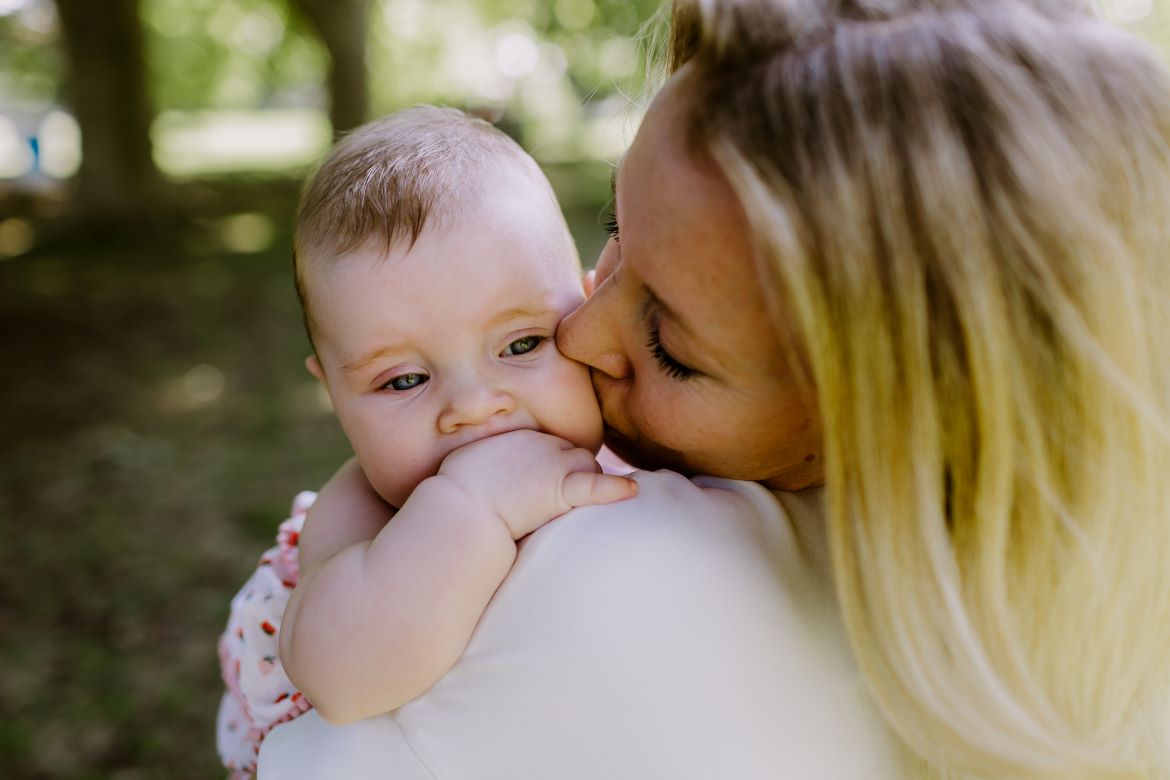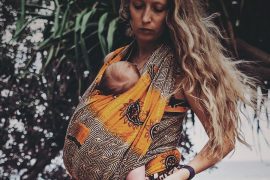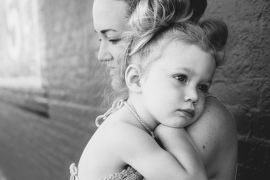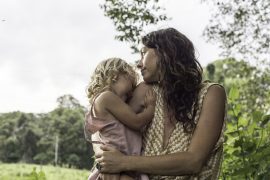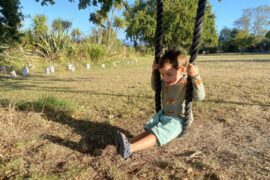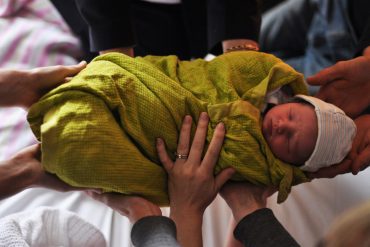By Belinda Haan
When I became a mother, I was alarmed that I did not enjoy every moment.
I was shocked at the river of rage and resentment that sometimes ran underneath the surface along with bliss, joy and love like I had never experienced before.
I found myself daydreaming about being on a solo holiday, but if ever I had time away from our baby, I spent the entire time missing her!
I thought I could take my problem-solving skills and apply them to motherhood.
X + Y = Z
Information/skill + perfect implementation = baby sleeping/eating/life returning to normal/other problems solved
I created sleep and feeding spreadsheets to create certainty.
I searched for routines, solutions and competence to feel in control.
I asked experts for advice but they focused only on the wellbeing of the baby which threw fuel on my anxiety-fire. I was sensitive to their judgment and desperately sought their validation. I conscientiously implemented the advice they gave me, blamed myself when it didn’t work and burnt myself out in the process.
I had all the rules of what I would and wouldn’t do.
I had expectations about what my baby would be like, and how I would mother.
I had strong beliefs about what a good and bad mother does and is.
What happened for me in early motherhood was that my inner dictator gained an even louder voice, and, shame flourished. I struggled to navigate the confusion and paradox that was early motherhood. There was no language and no conceptual model that existed to help me see that my experience was a typical experience of motherhood.
If only I knew then, what I know now.
If only every mother was given education, love and compassion for the stage they are in.
If only they knew about the developmental rite of passage like no other…
Matrescence.
When a woman gives birth or adopts, she is born into an entirely new life. A life that she can feel alarmingly unprepared for. She will undergo the biggest transformation of her life, which can be destabilising, and take her to the highest of highs, and lowest of lows.
Unless a mother knows about the expected and normal qualities of this transformation, she can start to internalise that there is something wrong with her and/or her motherhood experience.
What is Matrescence?
In my mentoring discussions with Dr Aurelie Athan, she has helped me conceptualise matrescence being like adolescence. Dr Athan has developed a conceptual framework for Matrescence that spans across multiple domains:
- Biological
- Psychological + Emotional
- Social + Political
- Spiritual
This is my adaption of her work based on my own understanding of matrescence informed by my reading on motherhood.
The transition from woman to mother is called matrescence. You may notice that matrescence sounds quite similar to adolescence; they have many similar attributes.
In adolescence, we acknowledge the biological, psychological, social and spiritual (existential) changes that occur from child to adult. We recognise that the period of adolescence can be a time of great confusion and challenge as a new identity emerges.
When a woman gives birth or adopts, she undergoes a similar set of changes and challenges. The difference is, she has to go through this life-altering transition while being chronically sleep deprived, having to learn on-the-job, and whilst having to care for a very dependent and cute little human. And unlike a teenager, she very often has to cook and do her own washing 😉
“Matrescence is the non-linear process of becoming a mother, which includes integrating the role of mothering with our sense of self. We undergo this transition while also learning on the job, and experiencing the daily joy and full catastrophe of life that naturally accompanies motherhood.
“Matrescence is both oppressive and liberating in nature. It is an experience of disorientation and reorientation marked by an acceleration of changes in multiple domains: physical (changes in the body, hormonal fluctuations); psychological (e.g., identity, personality, defensive structure, self-esteem); social (e.g., re-evaluation of friendships, the forgiveness of loved ones, gains in social status, or loss of professional status), and spiritual (e.g., existential questioning, re-commitment to faith, increased religious/spiritual practices).”
Dr Aurelie Athan
Is this the most transformational time in history for mothers?
Can you imagine a time when no one knew about adolescence?
When you consider how long there have been mothers, it is incredible to realise that only in the past couple of years has there been any knowledge about matrescence.
History will look back on this time and ask:
How could no one have known about matrescence?

